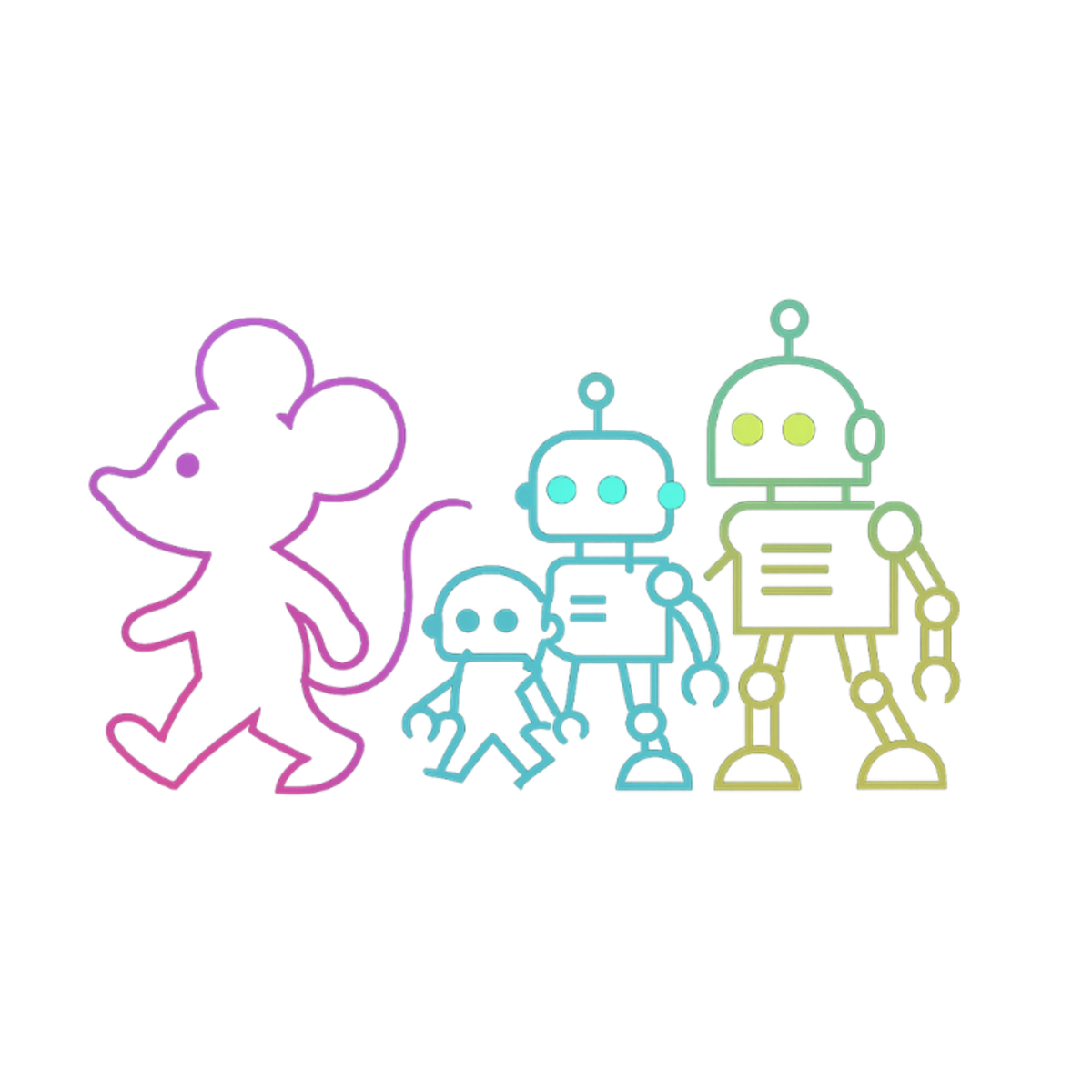The next time someone gets laid off at your company, it might not be a manager making the call. It might be a chatbot.
According to a new survey by ResumeBuilder, a surprising 66 percent of US managers are now using AI tools like ChatGPT, Gemini, or proprietary HR software to assist in layoff decisions, with 64 percent using AI in firing decisions. Even more concerning, nearly 20 percent of those managers say they have let AI make the final decision with no human review.
These findings are not just a warning about unchecked automation. They signal a shift in how companies are handling some of the most sensitive decisions in the workplace. Promotions, raises, and terminations are increasingly driven by tools that most employees do not even know are being applied to them.
AI in HR Is Quietly Becoming Standard Practice
The survey, which included more than 1,300 hiring and management professionals across the United States, revealed that 77 percent of managers now use AI to decide promotions, while 78 percent use it to assess raise eligibility. What was once a fringe experiment is now becoming embedded in standard HR processes.
These tools are not just ranking resumes. They are parsing performance metrics, flagging outliers, calculating risk scores, and recommending who to promote or cut. And in more and more cases, those recommendations are accepted without scrutiny or context.
Legal and Ethical Trouble Ahead
Experts are sounding alarms. When employment decisions are delegated to algorithms, the risks multiply. Biases baked into training data can become systemic. Discrimination may emerge in patterns that no one notices until lawsuits arrive.
More troubling is the issue of accountability. If an employee questions a layoff or missed promotion, managers may be unable to explain why the AI made its recommendation. That opens the door to legal exposure and puts companies in the crosshairs of regulators demanding transparency and fairness.
Business Leaders Need to Act
If your company uses AI in HR, now is the time to assess how and where it is being applied. What data feeds these tools? Can decisions be explained and challenged? Do you know who trained the models?
Start with an internal audit. Map the tools in use and identify which ones include AI components. Pay close attention to performance reviews, compensation workflows, and terminations. Then create a system of checks and balances that includes human review.
Transparency with employees matters too. People should know if AI plays a role in their evaluations or employment outcomes.
The Real Risk Is Silence
AI can help HR teams work faster and spot patterns that are easy to miss. But letting opaque systems decide someone's career path without oversight is not progress. It is a gamble.
There is a way to use AI in HR responsibly. It starts with visibility, accountability, and a clear role for human judgment.


